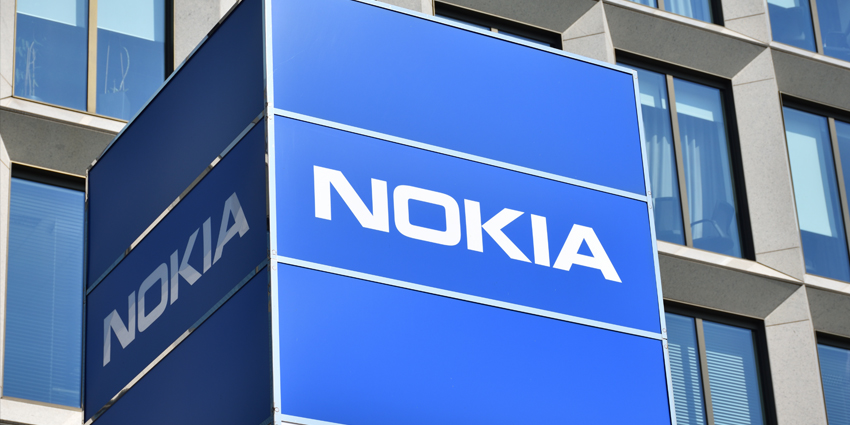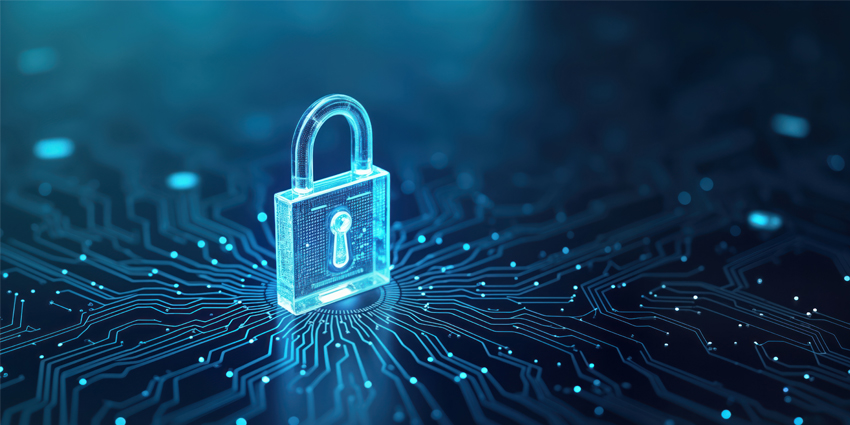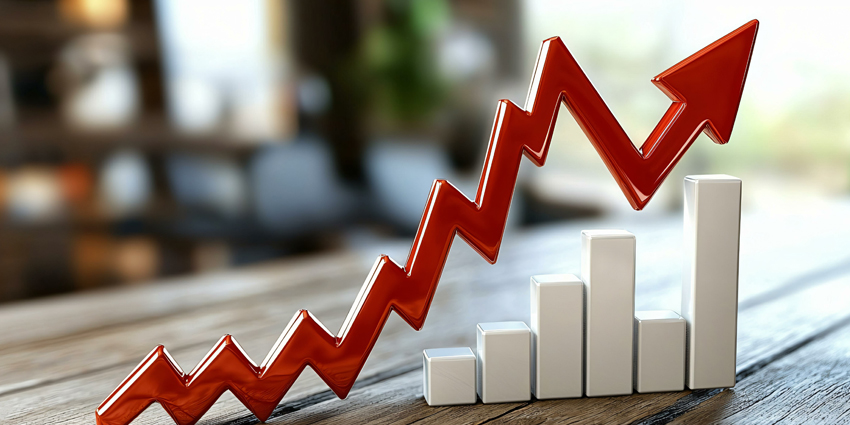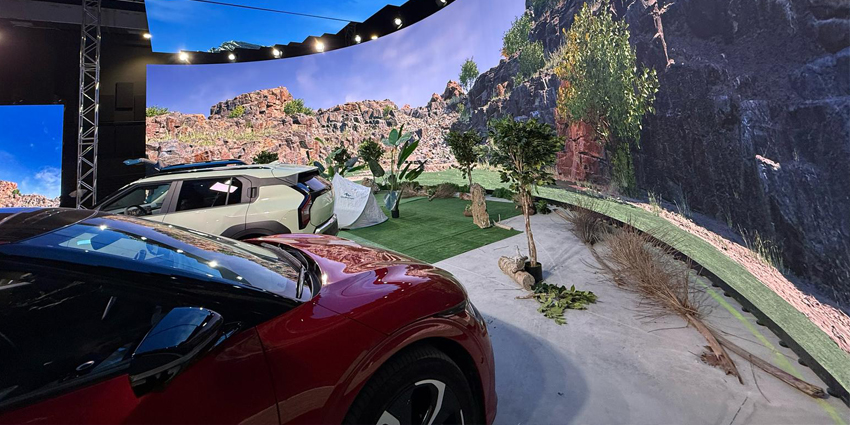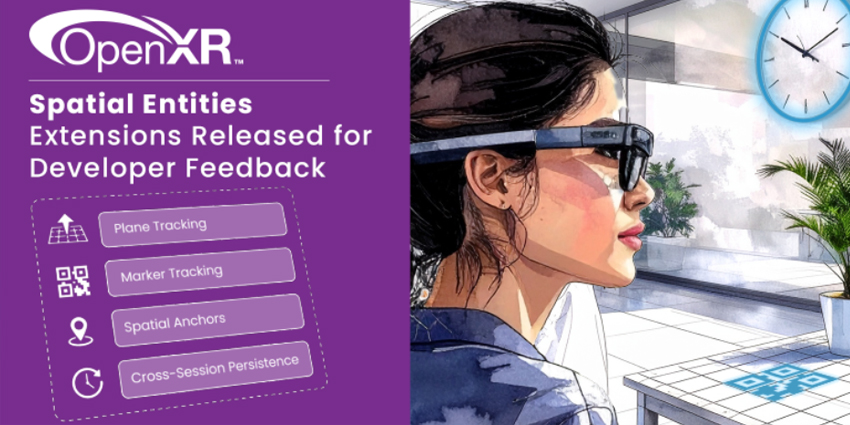The metaverse, Web 3.0, and the demand for a new, decentralised approach to technology has prompted an increasing demand for blockchain technology. In recent years, we’ve seen blockchain creep into more of our day-to-day workplaces and landscapes, influencing everything from DeFi and GameFi, to NFTs and DAOs.
Some aspects of this rapidly evolving blockchain environment are more closely connected than most people realise. For instance, DAOs, or Decentralised Autonomous Organisations, are having a profound impact on the revolutionary rise of Non-Fungible Tokens (NFTs).
Here’s what you need to know about the evolution of DAOs, and how they impact NFTs.
Defining the DAO? Why Do DAOs Matter?
The core focus of any blockchain environment is decentralisation. With decentralised technology, there’s no single authority in control of everything (like the government).
DAOs, or Decentralised Autonomous Organisations, build on this focal concept of decentralisation, introducing organisations run by groups of people with no typical business hierarchy.
In a DAO, the rules and transactions of the group are recorded and managed on the blockchain, removing the requirement for central entities. There are many different kinds of DAOs already in place today.
While Bitcoin is considered to be the world’s first DAO, a number of variations of these organisations have evolved over the years, such as:
- Social DAOs: Social DAOs are collaborative platforms for social networking in the crypto landscape, often involving a number of members with a common interest.
- Investment DAOs: Venture or investment DAOs allow people to come together to raise money for a variety of DeFi activities. These organisations are ideal for attracting younger investors in search of transparent money-making opportunities.
- Collector DAOs: Collector DAOs are specifically focused on the NFT landscape. These allow members to fractionally own various high-priced digital assets as a group.
- Grant DAOs: One of the primary functions of DAOs, grant DAOs allow users to collect funds in a central pool and allocate those finances based on community votes.
- Protocol DAOs: Protocol DAOs involve using various smart contracts to provide decentralised financial services.
What are NFT DAOs?
As mentioned above, one of the ways NFTs and DAOs are closely connected is in the form of collector DAOs, a kind of decentralised organisation specifically focused on the development of NFT communities.
There are several NFT DAOs already on the market today, including the APE DAO, one of the better-known groups in the landscape, created by an NFT collector known as Kylo Eth. The APE DAO fractionalized many Bored Ape Yacht Club NFTs and helped to ensure everyone can own parts of highly sought-after digital assets.
There’s also the YGG DAO community, which focuses on delivering in-game assets from blockchain and NFT games to people in the ecosystem. The YGG Token holders in the community can vote on decisions related to the business and governance of the business.
Further Connections Between DAOs and NFTs?
The connection between DAOs and NFTs isn’t just limited to DAOs built for collectors. The whole function of a DAO is often influenced by the use of NFTs.
Decentralised autonomous organisations operate on specific sets of rules established using smart contracts in a blockchain. Through smart contracts, these groups can create transparency in their operations. No central authority can override or make changes to the smart contract, as changes are only made with a community vote.
People usually need tokens to participate in DAOs, and token ownership usually comes with various voting and governance rights to ensure users can influence decisions in the wider group. As a result, NFTs naturally play an important part in how DAOs generally operate.
NFTs (non-fungible tokens) are generally something a member of a DAO will need to have access to in order to make meaningful changes in the organisation.
How DAOs Help the NFT Industry
DAOs also help to contribute to the NFT industry in several ways, allowing the landscape to grow and thrive as a new form of economy.
Some of the ways DAOs contribute to the evolution of NFTs include:
- Supporting collective ownership: Investing in NFTs can sometimes require significant investment capital not everyone can afford on their own. NFT DAOs and collector DAOs can allow multiple individuals to invest in a fragment of an NFT or an NFT collection. This allows larger groups of people to have more control over the NFT marketplace.
- Community governance: DAOs can also assist in the development of NFTs through community governance. DAOs are a great means for fans and creators of NFT projects to come together and contribute to ideas for its future. For instance, the Gutter Cat Gang has its own dedicated DAO where people can focus on decisions like which community projects to invest in. Sometimes, communities create their own DAOs surrounding NFTs, like the Meebits DAO created by the Larval Labs Meebits NFT project.
- NFT Creator Collectives: Extensive backing from a dedicated community is usually crucial to the success of an NFT project. While celebrities and artists with an existing following already have access to this community, not every emerging creator will. NFT creator collectives in the form of DAOs can help to raise funds and communities for various NFT projects by allowing groups to vote on the projects they most want to succeed.
NFTs and DAOs: Better Together
As you can see, Decentralised Autonomous Organisations and Non-Fungible Tokens are naturally connected in a multitude of different ways.
DAOs can be a powerful tool in helping communities of NFTs come together or ensuring that certain NFT projects get the right amount of investment and potential.
At the same time, these non-fungible assets form a central part of what makes the DAO landscape work by ensuring the right people have a say in how organisations are managed and run.


